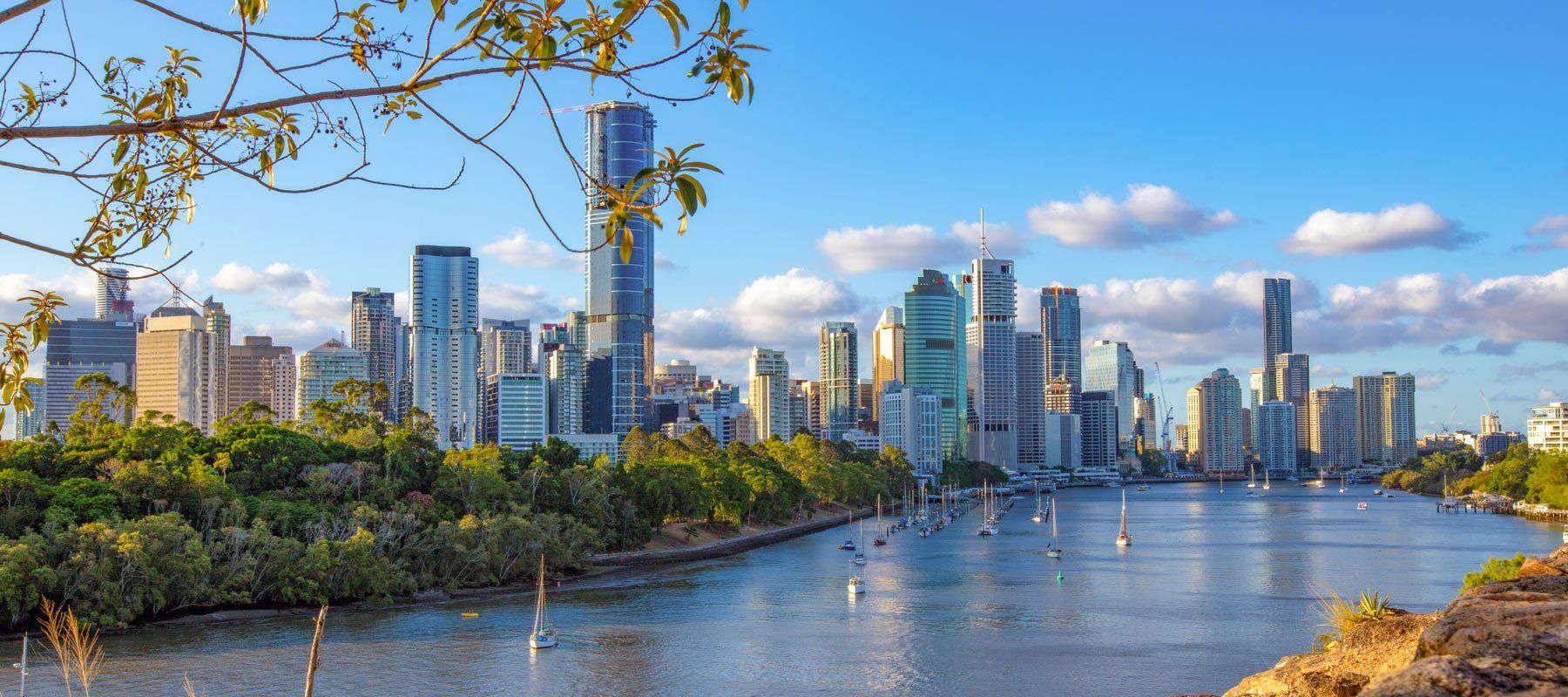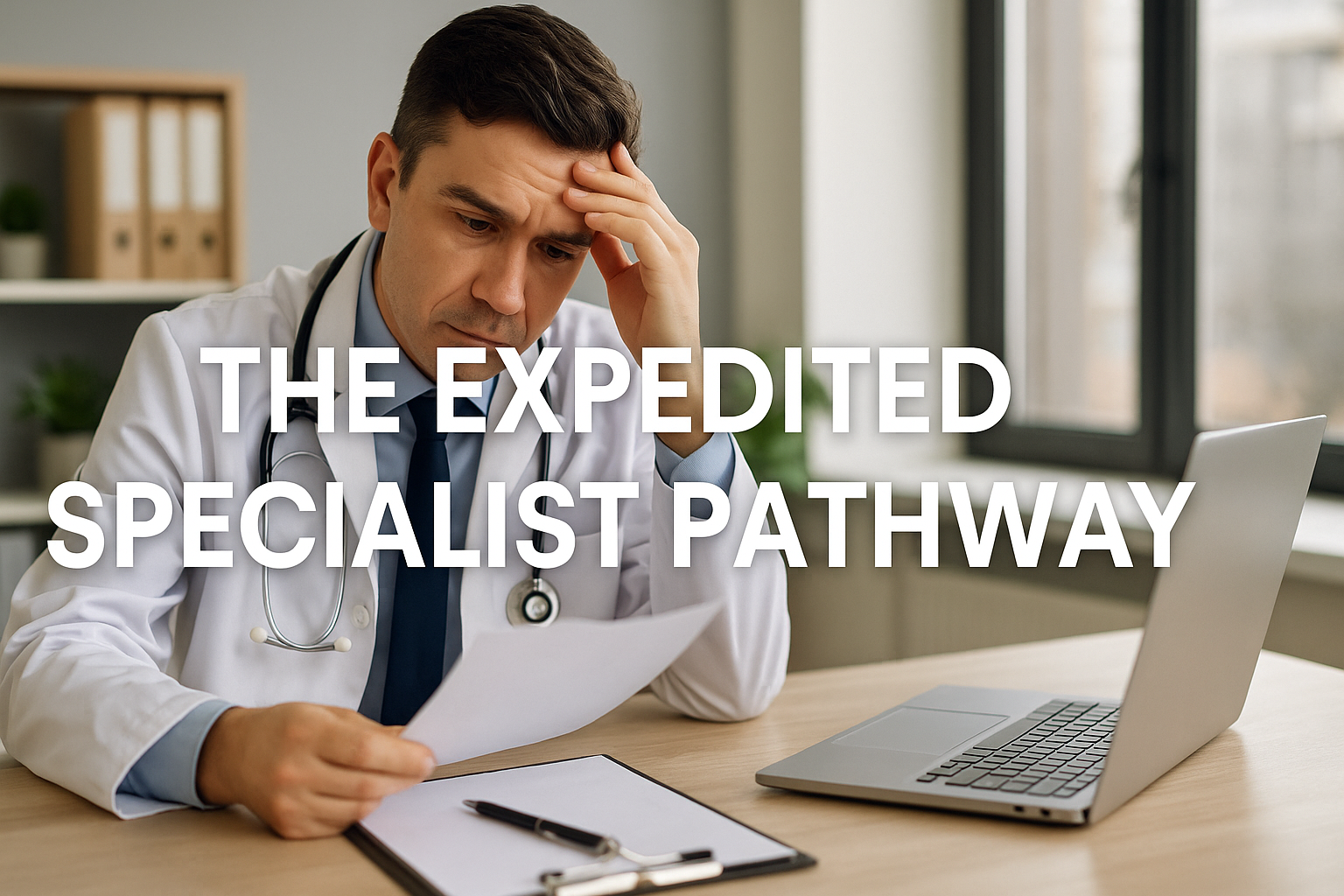Locum Doctor Interview: Australia

Locum Doctor Interview
A Medipeople interview with the amazing Dr House.
Locuming presents a fantastic opportunity to develop new friendships and to network with other doctors.
Has the locum life been as good as you thought it would be?
Locum life has been very interesting! The main reasons that I decided to locum was to travel, work in a new variety of different places/hospitals and to save money for my planned three-month trip to South America. In the first few months there was a lot of interstate travel which I found to be very exciting! The range of experience obtained was excellent, too. Locuming presents a fantastic opportunity to develop new friendships and to network with other doctors.
Since COVID19 obviously my travel has dramatically reduced, and I have chosen to stay in a long-term locum position. I have greatly enjoyed this role; however, I certainly miss the travel!
Has locuming helped you to achieve what you wanted to?
Yes, I have had very positive experiences from my time locuming across Australia. Since I have started, I have grown substantially both professionally and personally. It has been an amazing experience to be able to work in a diverse range of places with wonderful people – being a doctor in Mount Isa is an incredibly different experience to being a doctor in a tertiary city hospital. I am certain that my skills have improved through locuming. Also, it is very financially lucrative.
Any standout locations you have worked at?
I have enjoyed all of the places that I have worked at. My most favourite would be Redcliffe Hospital (Medicine), Canberra Hospital (ED) and Ballarat (ED). These are the three places that I have spent the most time at – I was able to settle in, meet new people and become fairly accustomed to the unique processes of those departments. Certainly, as a locum, being able to establish a vibrant social life wherever you go will make the experience much more fun and interesting. I have found my current hospital to be a great place to work in, and very supportive.
What tips do you have for doctors considering the locum lifestyle?
I would strongly encourage anyone to locum, even if a short period of time. It’s a great way to take a break, travel and trial new places to work. I have enjoyed my most recent long-term locum engagement so much that I am now employed by the hospital and will be taking up a training position here next year – so I have officially “relocated” to a new city thanks to a locum job. This was certainly not planned when I first started the contract.
Locuming forces you out of your personal and professional comfort zone, which although nerve-wracking at times, is a very important and valuable experience.
How has COVID19 affected locum work?
Prior to COVID19 I travelled very, very frequently. My longest contract was a month and my shortest was two days. From mid-March Covid-19 hit, and travel was not recommended – thankfully at this time there were multiple locum job offers from various hospitals interstate wanting to hire doctors for 3-6 months.
I was meant to fly to South America in mid-March, so when this was cancelled my schedule became very vacant! I was lucky enough to be offered a four-month contract in my preferred speciality (Medicine). I chose not to fly to my locum placement due to safety concerns and I also strongly suspected the flights would be cancelled. Instead, I drove twenty-one hours, – with a great Spotify playlist – to the locum job! (Social distancing style).
What has your experience with Medipeople been like?
I have very much enjoyed working with Medipeople! Justine my recruiter, has been extremely supportive and incredibly dedicated to keeping me very busy – which has been greatly appreciated! Occasionally as a locum doctor there are small gaps in-between contracts that can be very hard to fill – luckily, Justine has been very successful in minimising these.
The staff at Medipeople have consistently responded to any of my questions/queries (outside of business hours too!) and have followed up on any minor issues – for example, sorting out a late check-out at a hotel after a night shift – or a hospital requesting an early return of a loan car. I have always been paid promptly and received a very broad range of job opportunities.
I would very much recommend Medipeople!
If you are looking to do locum work, and would like more information, please contact justine.t@medipeople.com.au today!









